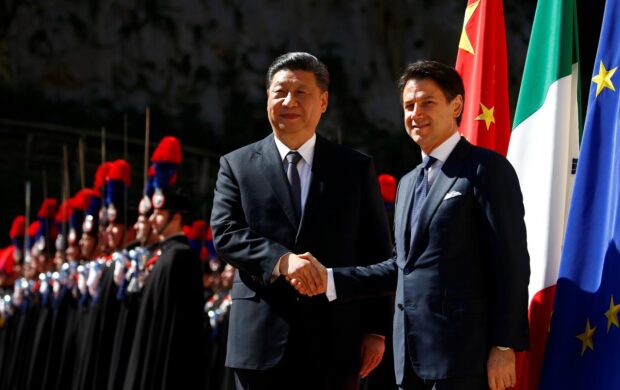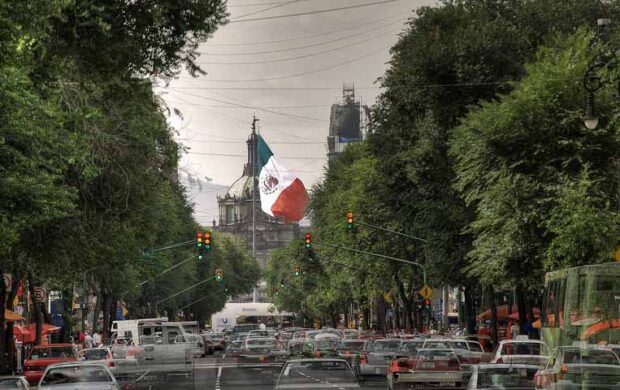Most of the world’s citizens see themselves as just that, world citizens. Globescan has been conducting global opinion polling since the late eighties, and for the first time ever it has found that most people surveyed identified themselves as members of a global community rather than a national one.

The research, commissioned by the BBC and published at the end of April, interviewed 20,000 individuals across 18 countries. And 51% of respondents agreed with the statement “I see myself as more of a global citizen than a citizen of my country”. This sea change though has not been uniform.
There was a marked difference between the global south and the global north. The strengthening in cosmopolitanism came from developing countries including Nigeria (73%, up 13 points), China (71%, up 14 points), Peru (70%, up 27 points), and India (67%, up 13 points). In contrast, over the past 15 years, the wealthy OECD countries actually saw a decrease from 45 to 42% in the willingness of their citizens to identify with a global community.












